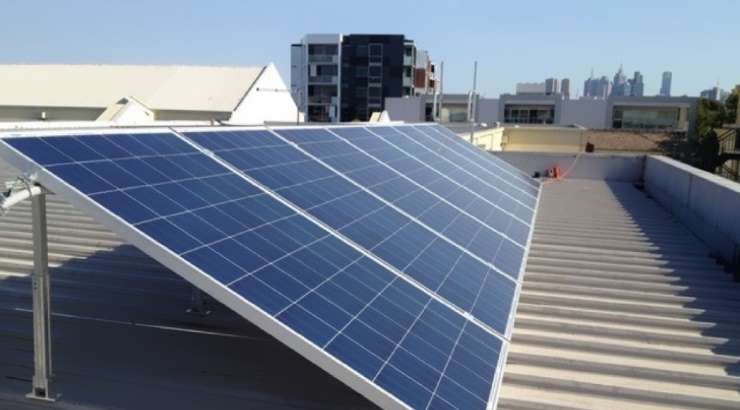Fixtures & Appliances
Counterfeit Solar Products Flood the Kenyan Market
Fake solar devices sell for nearly half the prices of genuine products.

Counterfeit solar inverters, bulbs, and batteries have flooded Kenya, hurting sales of genuine products while denying buyers value for their money, solar equipment dealers have warned.
According to the Global Off-Grid Lighting Association (Gogla), the proliferation of fake products that sell at half the prices of genuine products has made it difficult for dealers to sell their products – threatening to drive honest traders out of business.
Gogla has assured that it is working with the government to monitor the importation of solar products to stop counterfeits from entering the country.
“We need to support and empower the regulatory bodies with the resources and manpower so that they can rein in these phony products through testing and law enforcement,” Gogla East Africa Regional Representative Patrick Tonui said in an interview.
RELATED: Top Chinese Solar Firms Eye Kenya for Lucrative Deals
He noted that counterfeits are likely to undermine the uptake of solar products since the devices break down quickly thus damaging consumers’ confidence in solar technology.
Judy Mwangi who sells various solar products on Luthuli Avenue in Nairobi agrees that genuine businesses are doing poorly even though more Kenyans are now turning to solar – blaming the situation on counterfeits.
“More Kenyans, even those in urban areas, are embracing solar energy due to its reliability and cost-effectiveness. However, the market is now flooded with fake solar products undermining our business,” Ms Mwangi said.
She urged the government to take decisive action against unscrupulous dealers who openly operate shady businesses in major towns.
Jimmy Njai, Head of Sales at Generic Energy recently lamented that the increase in counterfeit solar products had significantly slowed down his business to one of its lowest points in history.
“Currently, we have one and a half container of PV solar systems that are lying in our go-downs and we fear they may break down very soon if they are not bought,” Mr Njai said.
RELATED: How to Spot Fake Solar Panels
Kenya, which receives insolation of 4-6Wh/m2 daily, is now a global leader in the total sum of solar systems installed per capita as high connectivity costs continue to lock out most Kenyans from the national power grid.
To promote the use of clean energy, the government has put in place incentives such as zero rating import duty and removing Value Added Tax on imported renewable energy systems.














